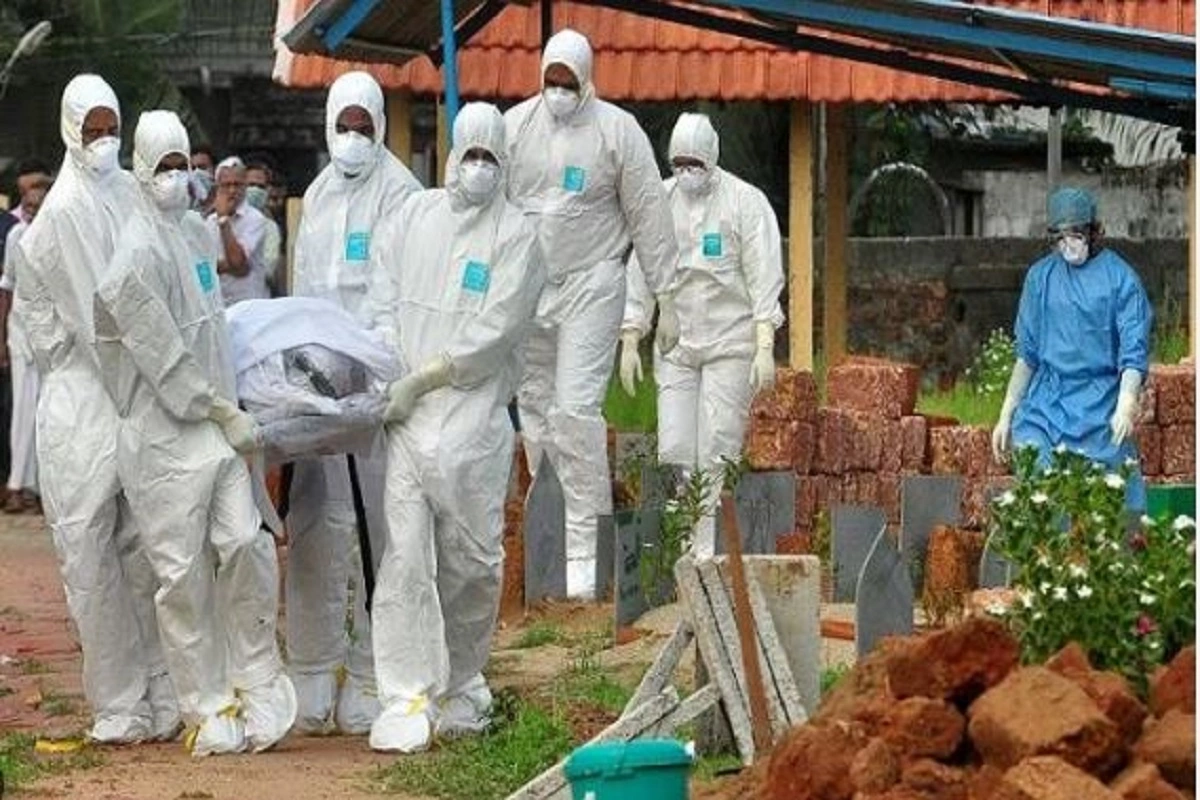By Prakarsh Kastwar
Nipah virus prevention: Containment zones have been established, and the two deceased’s route maps have been made public for people to stay away from.
The state now has five positive cases after a 24-year-old healthcare provider who had close contact with a Nipah patient tested positive on Wednesday. The contact list of the patients has been a source of concern as the state government has imposed containment zones and limits to stop the spread of the virus, as 700 people have come into touch with the patients. According to Kerala’s health minister Veena George, roughly 77 of these 700 people fall within the high-risk category.
Nipah outbreak in Kerala: Here are the latest updates
- It has been requested that the high-risk Nipah patients stay in their homes. The two Nipah sufferers’ journeys have been made public so that others won’t follow them.
- Restrictions prohibiting big crowd gatherings at events and festivals have been put in place in Kozhikode.
- In the Kozhikode district’s Vadakara taluk, 58 wards spread across nine panchayats have been designated as containment zones. Only access and departure are permitted in these locations, along with essential services. Shops that offer necessities will be able to open from 7am to 5pm. For pharmacies and health centers, there is no time limit specified.
- Buses and other vehicles shouldn’t stop in the impacted regions when traveling on national highways through containment zones.
- In Kozhikode, a nine-year-old boy has the virus, and the government has requested a monoclonal antibody from ICMR to treat him. Although there is no clinical evidence that it can treat Nipah, this is the sole option. The boy is supported by a ventilator.
- Seven hundred persons, 76 of whom are high risk, came into contact with the patients. They are all stable, according to the ministry.
- Kozhikode was the site of the outbreak this time, but minister Veena George claimed that research by the WHO and ICMR indicate that similar diseases can spread throughout Kerala.
- This particular Nipah strain, which is less contagious but has a high fatality rate, was discovered in Kerala. This virus travels from person to person.
- Nipah is a zoonotic virus that can infect people when it comes into contact with infected animals or tainted food. Infected individuals can then spread the disease to others. Fever, headache, coughing, breathing difficulties, and vomiting are among of the symptoms, and in severe situations, they can cause brain death due to swelling of the brain.
- Kerala previously reported a Nipah outbreak in 2018, as well as a few isolated cases in 2019 and 2021. Of the 18 patients, 17 passed away in 2018.
- The Dakshina Kannada district of Karnataka has been placed on alert due to the Nipah epidemic in Kerala. The police have been instructed by the health department to set up checkpoints at border crossings so that items entering the district can be inspected. Fruits entering the state from Kerala will be inspected by the police, according to orders.

